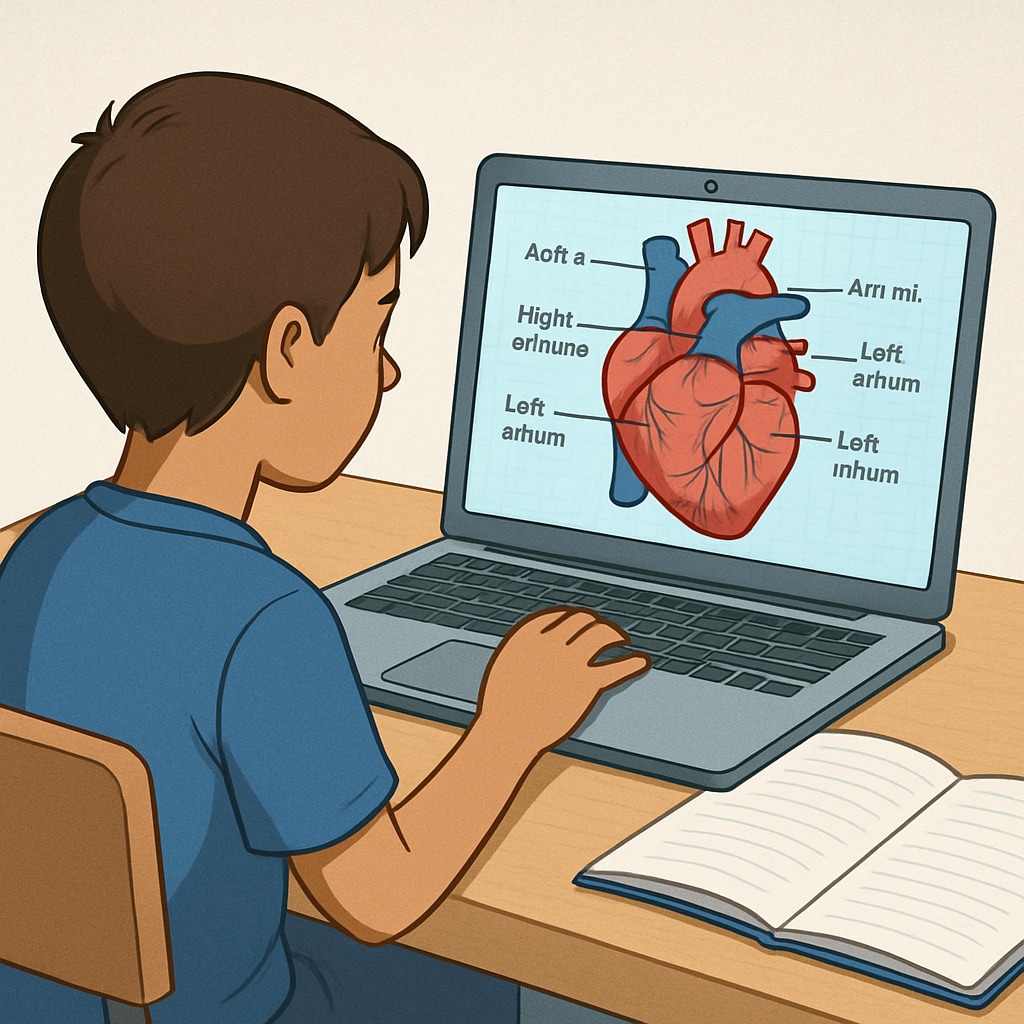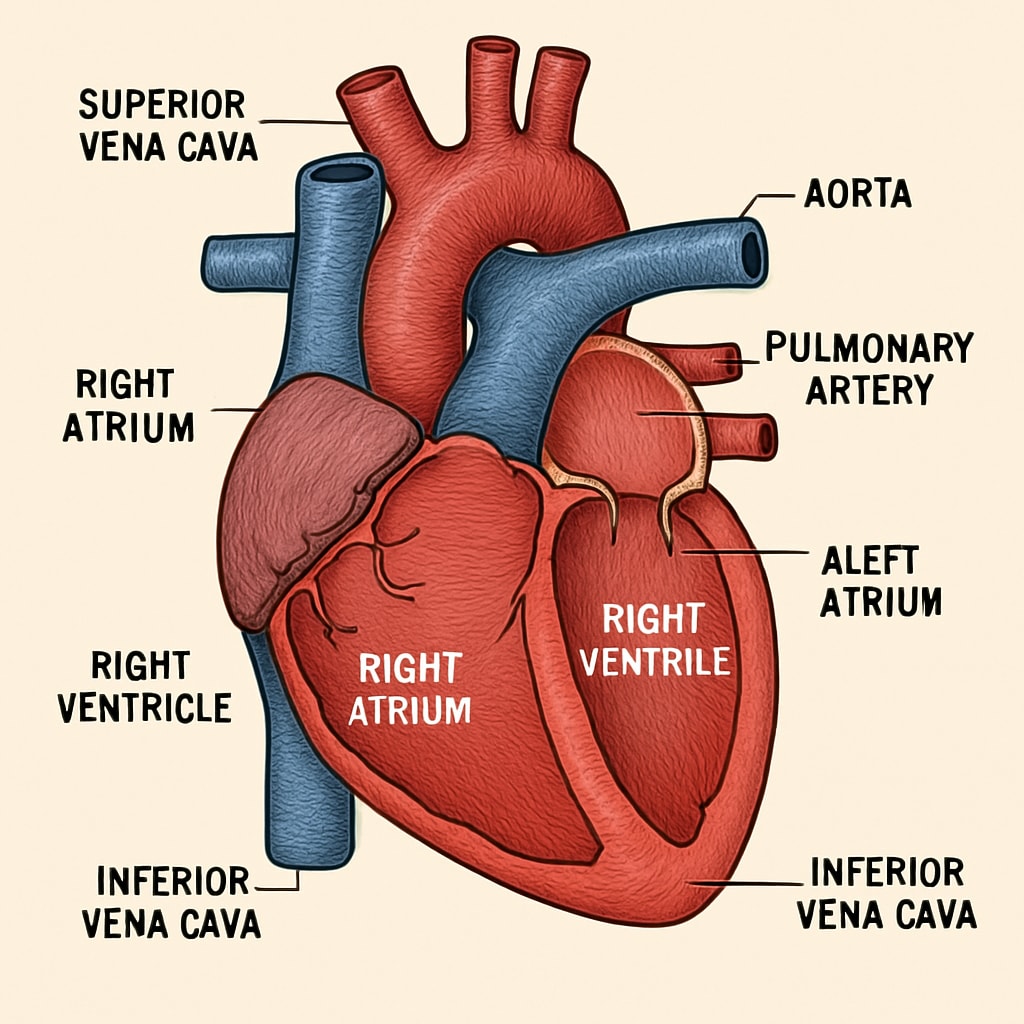For K12 students and other individuals with a non-medical background, accessing professional medical education can be challenging. However, online medical courses have emerged as a bridge to make advanced knowledge accessible to curious minds. By focusing on specialized yet simplified topics, such as cardiology, young learners can explore the medical world without prior expertise, fostering an interest that might shape their future careers.

Breaking Barriers: Making Medical Education Accessible
Medical education has traditionally been reserved for those pursuing formal medical degrees. Yet, the growing need for interdisciplinary learning has brought forward tools and platforms designed for non-medical learners. For example, platforms like Khan Academy or Coursera offer introductory courses in biology and health sciences that lay a foundation for deeper exploration.
In addition to general science, focused areas like cardiology—the study of the heart—have gained popularity. These courses often use interactive models, videos, and quizzes to simplify complex topics, making them accessible to audiences with minimal prior knowledge.
Cardiology as a Gateway to Medical Exploration
Heart health is a universally relevant topic, making cardiology an excellent starting point for aspiring learners. Online resources cover essential concepts like heart anatomy, common diseases (such as arrhythmias or heart attacks), and preventive measures. For example, students can learn how lifestyle choices impact heart health, empowering them with practical knowledge that extends beyond the classroom.

Key Features of Beginner-Friendly Online Medical Courses
Most beginner-friendly online medical courses share similar features to help non-medical learners succeed:
- Interactive Content: Videos, simulations, and infographics simplify complex medical concepts.
- Flexibility: Self-paced learning accommodates the schedules of busy students.
- Accessibility: Affordable or free courses remove financial barriers.
- Engagement: Quizzes and assignments reinforce understanding.
These elements not only make learning enjoyable but also ensure learners retain valuable information.
How to Get Started: Tips for K12 Students
For younger learners, diving into medical topics may seem intimidating. Here are some beginner-friendly tips:
- Start Small: Begin with general biology topics before exploring specialized subjects like cardiology.
- Leverage Free Resources: Platforms like Khan Academy’s Biology Courses offer excellent starting points.
- Engage with Visuals: Use diagrams and videos to grasp concepts more effectively.
- Join Communities: Many platforms have discussion forums to connect with fellow learners.
By following these steps, students can gradually build confidence and knowledge in the medical field.
Conclusion: Bridging the Gap Between Curiosity and Expertise
For K12 students with a non-medical background, exploring professional medical topics like cardiology is no longer an unreachable goal. Through accessible online medical courses, young learners can gain both knowledge and inspiration to pursue future careers in healthcare. By breaking down complex concepts into digestible lessons, these platforms ensure learners of all ages have the opportunity to understand and appreciate the intricacies of human health.
As a result, the intersection of education and technology continues to open new doors, fostering lifelong curiosity and interdisciplinary learning.


